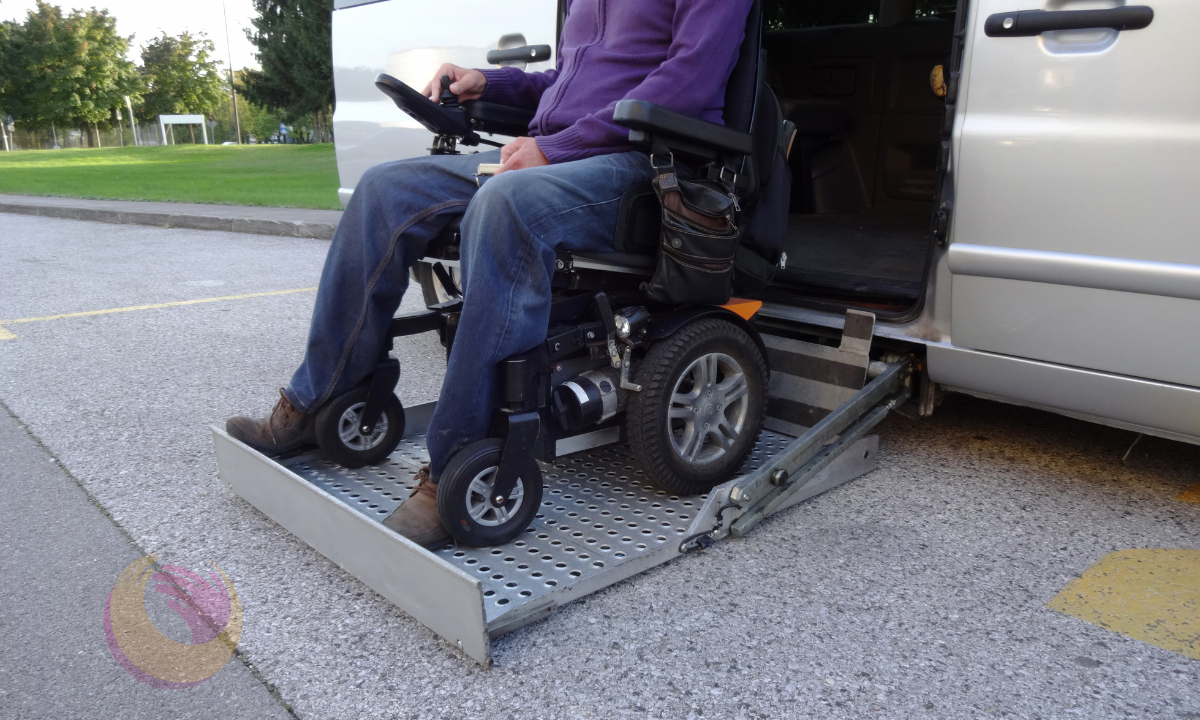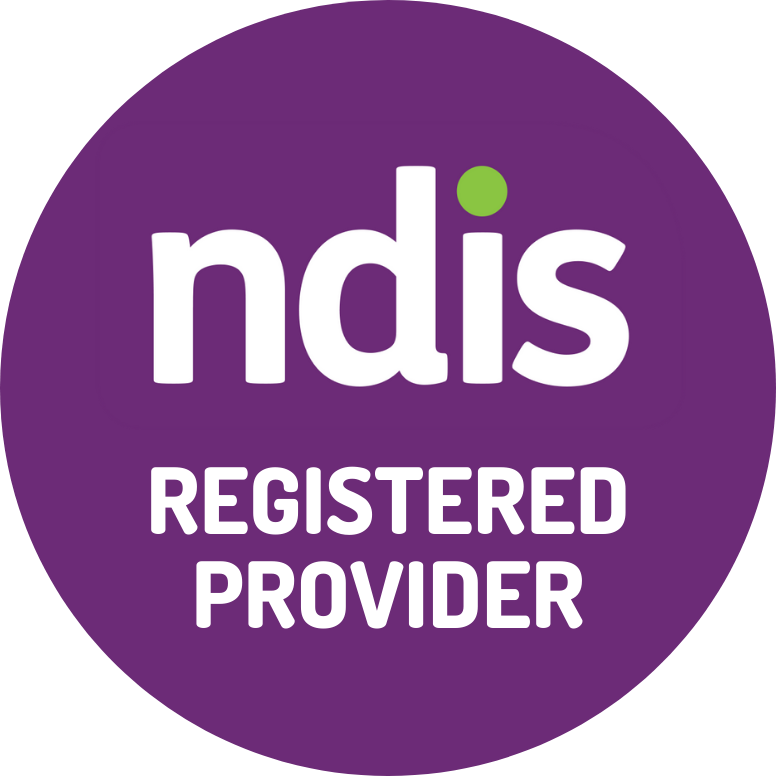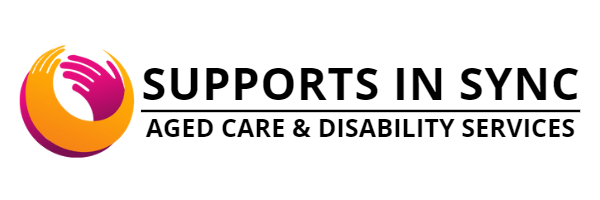What Your NDIS Funding Can Purchase: Part 1 of 3
What Your NDIS Funding Can Purchase: Part 1 of 3
Welcome to the first instalment of our three-part series on what your funding can purchase.
When you receive your initial plan, you might glance at the dollar amount without fully comprehending the specific categories for which you have been allocated funds. Even if you have had multiple plans in the past, you may still find certain aspects of the listed funding confusing, especially if it pertains to a new form of support.
In this blog post, we will focus on your CORE budget, which encompasses the following areas:
- Assistance with Daily Life
- Assistance with Social and Community Activities
- Consumables & Low-cost Assistive Technology
- Transport services
Your core supports provide funding for items and services that assist with your daily activities and disability-related needs.
Consumables and Low-cost Assistive Technology
Kitchen aids, personal care products, and safety items are some examples of what you can purchase using your consumables budget. This budget also covers disposable items like continence products, catheters, and home nutrition. Additionally, a portion of this budget may be allocated for minor repairs to your assistive technology, such as a wheelchair.
Consumables also include funding for Auslan or signed English training, as well as telephone/video interpreting services.
Items such a personal alarm, walking stick or tablet could also be covered by your consumables budget. However, it is often advisable to get your Occupational Therapist to recommend your low-cost assistive technology, so that it appropriate for your disability and is safe.
If you have any questions regarding what is funded or if a quote is required, it's advisable to reach out to your support coordinator and plan manager. They will gladly assist you and provide the best guidance.
Assistance with Daily Life
When living with a disability, managing everyday household tasks can be impacted. This funding allocation is specifically designed to support your needs in areas such as home cleaning, cooking, and personal care. It even extends to yard maintenance including mowing your lawns and smaller jobs around the home. You can even hire a service to come and rid your lawn of animal droppings. These funds make sure that all aspects of your daily life are covered.
You have the choice to employ a support worker. They can help you with getting ready in the morning or evening, ensuring you have the support you need to navigate your daily routines. They can also accompany you to appointments, making transportation easier and more accessible for you.
This day-to-day assistance can enhance your independence and ensure that you can carry out your daily activities like everyone else.
Assistance with Social, Economic and Community Participation
This funding aims to enable you to become more engaged in the community and participate in various activities, such as art and crafts. Additionally, it can assist you in volunteering or provide support in finding and maintaining employment.
With this funding, you can employ the help of a support worker who can assist your involvement in community activities. They can arrange transportation to and from the activity, aid, and support while you're there, and help you connect with other people.
The goal is to ensure that you have the necessary support to actively participate in the community, pursue your interests, and make friend with others along the way.

Transport
If your disability prevents you from using public transport and you need assistance to travel to work, activities, or other locations, you may be eligible for transport funding in your core budget. Here are two ways this funding can be utilised:
- Direct Funding: A predetermined amount will be regularly deposited into your bank account every fortnight. This money can be used to cover expenses related to taxis, Uber rides, or community transport options.
- Quote-Based Funding: In certain cases, a specified amount will be paid directly to a transport company. This is typically applicable if you work and rely on dedicated disability transport services to commute to and from your workplace.
These funding options are in place to ensure that you have the necessary means to access transportation and overcome any barriers posed by your disability.
Transport Levels
(direct from the NDIS website)
Level 1 - The NDIS will provide up to $1,606 per year for participants who are not working, studying, or attending day programs but are seeking to enhance their community access.
Level 2 - The NDIS will provide up to $2,472 per year for participants who are currently working or studying part-time (up to 15 hours a week), participating in day programs and for other social, recreational or leisure activities.
Level 3 - The NDIS will provide up to $3,456 per year for participants who are currently working, looking for work, or studying, at least 15 hours a week, and are unable to use public transport because of their disability.
Exceptional circumstances: participants may receive higher funding if the participant has either general or funded supports in their plan to enable their participation in employment.
Read more: Transport levels NDIS website









